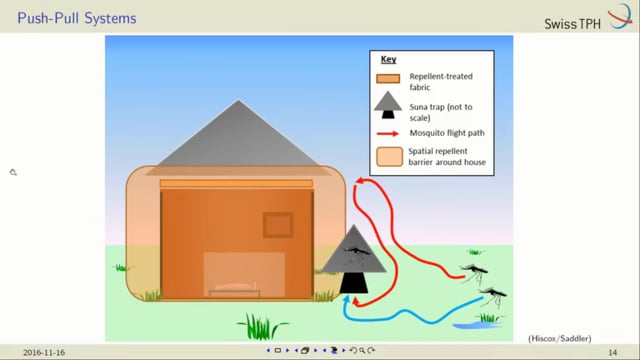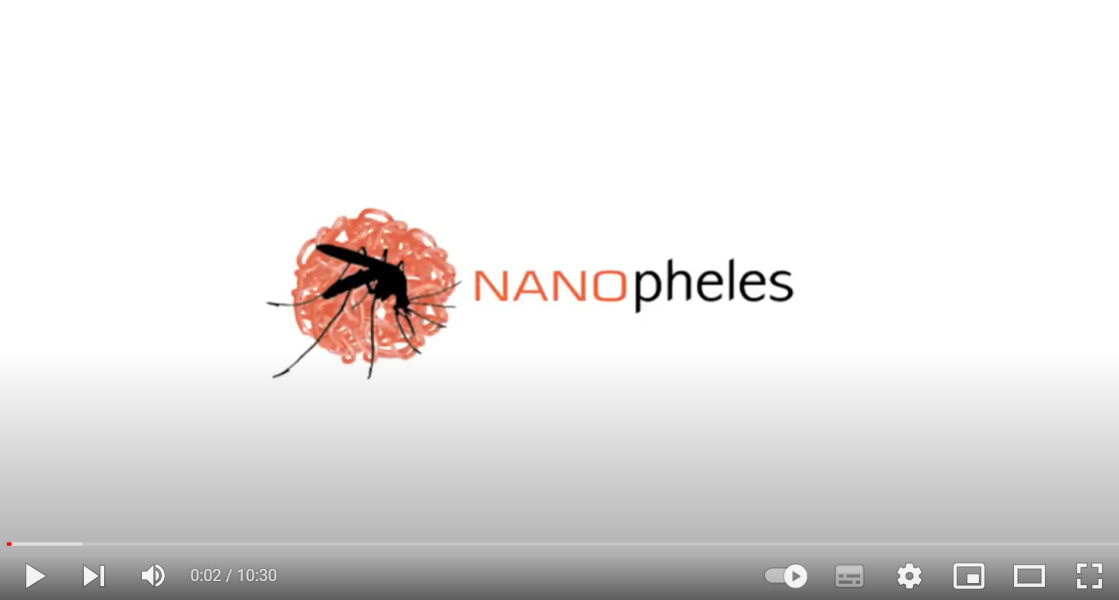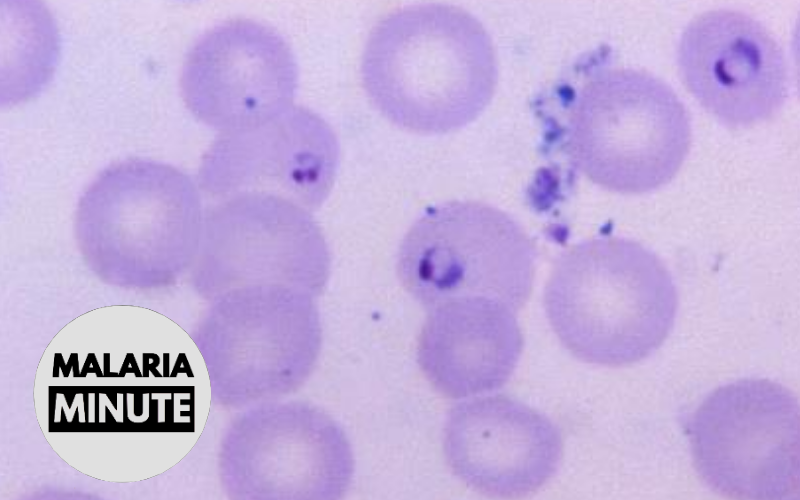Last Updated: 27/03/2024
Smelling blood: how mosquito-parasite interactions shape Plasmodium falciparum transmission
Objectives
This study aims o develop quantitative tools to understand the drivers of P. falciparum transmission across scales by leveraging advances in bioengineering, quantitative imaging, and machine learning.
Specific objectives:
- To dissect the impact of P. falciparum infection on blood-feeding behavior.
- To determine the chemical and physical inputs that modulate biting and parasite transmission dynamics.
- To characterize parasite navigation from the mosquito mouthparts to blood vessels.
Transmitted through the bite of Anopheles mosquitoes, the malaria parasite P. falciparum claims approximately half a million lives annually. The mosquito bite is a crucial, yet poorly understood event in the transmission of mosquito-borne pathogens. It is unknown how P. falciparum infection influences biting behavior, and the dynamics of parasite transmission during the bite are poorly characterized. These critical knowledge gaps are in part due to a lack of tools to characterize the transmission biology of P. falciparum. Infection elicits strong physiological responses in the mosquito, yet it is unknown how these shape blood-feeding behavior. Using engineered host mimics, high-throughput imaging, and deep-learning based behavior analysis, Felix Hol will quantify the impact of P. falciparum on the biting behavior An. coluzzii. Combining a microfabricated skin mimic and quantitative imaging, I will unravel how the structure of the dermis shapes biting dynamics, and what determines the parasite load transmitted in a bite. After inoculation into the skin, malaria parasites need to navigate to a blood vessel. This poorly characterized process is a target to block transmission. Felix Hol will characterize the physical and chemical cues that govern parasite migration, and elucidate the role of cell shape changes during this crucial journey. SMELLING BLOOD will combine new technologies to investigate key aspects of mosquito and parasite biology. This project will revolutionize current understanding of P. falciparum transmission, and inspire novel strategies to curb the spread of malaria.
Jan 2023 — Jan 2028


